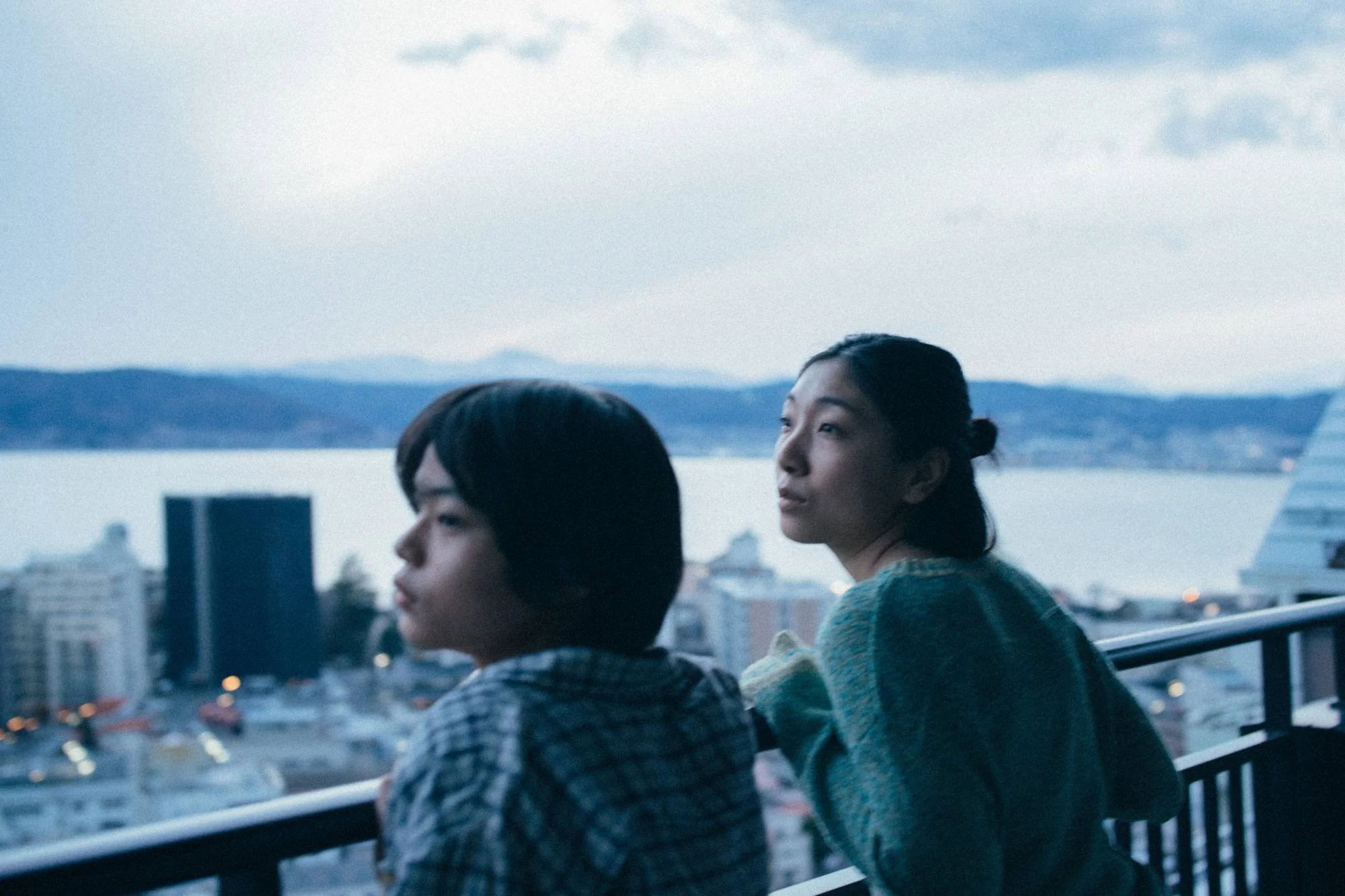Monster
Directed by Hirokazu Kore-eda
Running time: 2hr7 | REVIEWED BY GUY LODGE
Soya Kurokawa and Sakao Ando in Monster
Critics are as guilty as anyone of using an idly comparative movie shorthand to describe complex works. When Hirokazu Kore-eda’s new film Monster premiered in the early days of Cannes last year, many of us filing out of the press screening were quick to cite Rashomon as a reference point — after all, the very title of Akira Kurosawa’s 1950 classic is so universally understood as a byword for storytelling with multiple perspectives, even The Simpsons has parodied it. Sure enough, several points of view jostle for attention and authority in Monster, each one further complicating a drama of thorny ethics and fraught emotions. But beyond its swivelling structure, it’s not an especially Rashomon-like exercise: there aren’t divides of truth and untruth to be drawn here. Rather, its story frequently unfolds in the blind spots separating how adults and children understand each other; between what we know of strangers and what we assume.
It seems, at the outset, a relatively straightforward tale of classroom misconduct. Single mother Saori (the superb Sakura Ando, reuniting with her Shoplifters director) is concerned that her pre-teen son Minato (Soya Kurokawa) is withdrawn and out of sorts. When she questions him about marks on his body, she concludes that Mr. Hori (Eita Nagayama), Minato’s young, generally well-liked teacher, is abusing the boy in class. Led by an evasive headmistress (Yuko Tanaka), the school board is quick to offer apologies, but not to reveal what actually happened; Hori maintains his innocence, and as we hop to his version of events, it appears that Minato may be the violent one, bullying fey, eccentric classmate Yori (Hinata Hiiragi). That, it turns out, may not be the case either: privileging the children’s perspective uncovers an intense and unusual relationship between them, deeper than a friendship in ways they may not yet fully understand.
And so Monster rotates, its mysteries turning more delicate and internal as its full network of character relations is unwound, toward a climax that somehow balances great tragedy and ecstasy in one swooping flourish — borne along by the swelling grandeur of the late Ryuichi Sakamoto’s final score. It’s Kore-eda’s first film in nearly 30 years that he hasn’t written, and a new voice in his work isn’t unwelcome: Yuji Sakamoto’s script is just tender enough but still impressively tough-minded, wary of the sentimentality that this director sometimes can’t resist. I’ve seen the film twice now, and it’s grown on me: what first struck me as an overly tricky way of getting at a story of nascent queer self-identification now seems aptly built for a study of the secrets we hold from each other, and from ourselves.
MONSTER (2023) Written by Yuji Sakamoto | Shot by Ryuto Kondo | Edited by Hirokazu Kore-eda
